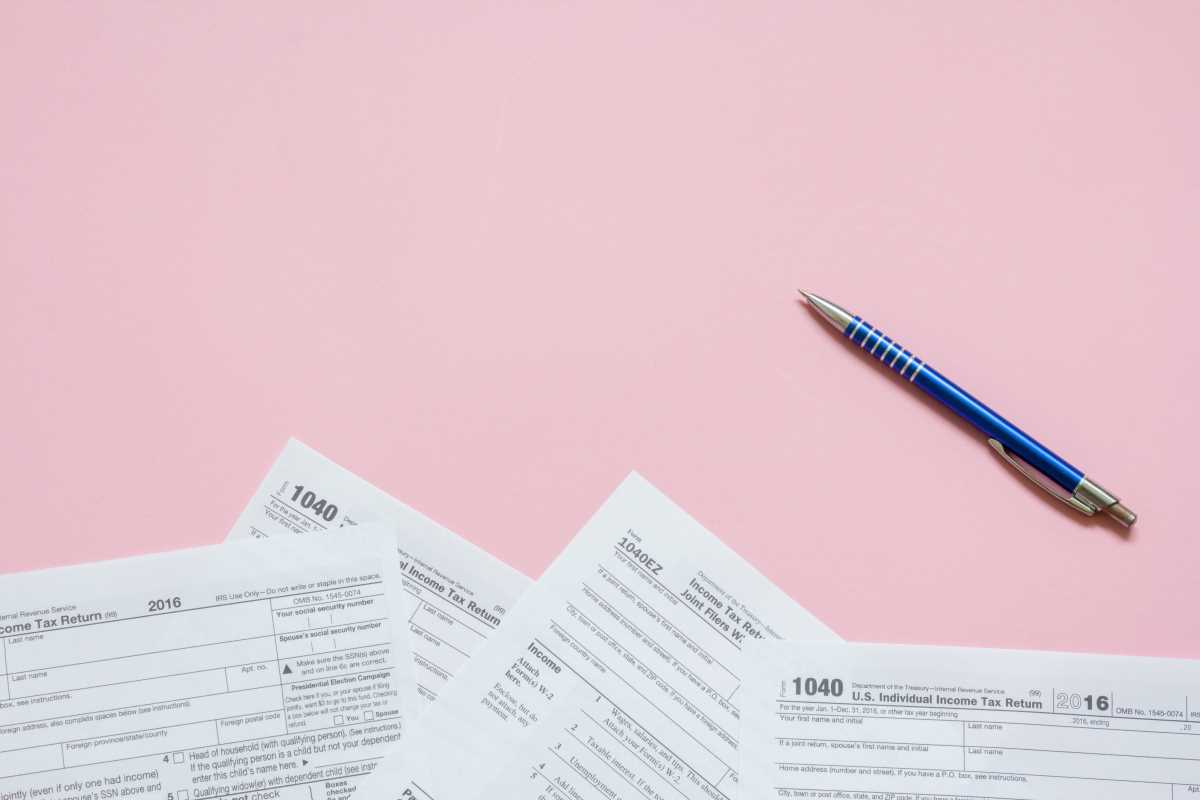A well-stocked emergency fund can provide a significant sense of security, allowing individuals to navigate unexpected financial challenges with ease. Whether it's a sudden medical issue, car repairs, or job loss, having a financial safety net can alleviate stress and worry. This financial cushion allows you to focus on other aspects of your life without constantly fretting over potential emergencies. Let’s delve into the importance of establishing and maintaining an emergency fund, exploring how it contributes to your peace of mind.
Setting Up Your Emergency Fund
Establishing an emergency fund involves creating a designated amount of money specifically for unforeseen circumstances. This fund should be easily accessible, allowing you to tap into it without delays or complicated processes. Many financial experts recommend setting aside three to six months' worth of living expenses, but the exact amount can vary based on individual circumstances, such as job stability, income level, and personal risk tolerance.
To start building your emergency fund, consider opening a separate savings account that is distinct from your everyday checking and savings accounts. This separation helps to avoid the temptation of using these funds for non-emergencies. Regularly contribute to this account, even if it’s a small amount each month. Automating these contributions can make saving effortless and ensure that you prioritize this essential financial step.
Financial Independence and Confidence
Knowing that you have a safety net in place can foster a sense of financial independence and confidence. When unexpected expenses arise, having an emergency fund lets you feel more in control of your finances. This security empowers you to make decisions without the constant fear of financial instability.
For instance, if you face a sudden job loss, having an emergency fund means you can cover essential bills while you search for a new position. This buffer allows you to choose jobs that align with your long-term goals rather than accepting the first offer out of desperation. The confidence that comes from knowing you can weather financial storms contributes positively to your overall well-being and helps you approach life’s challenges with a proactive mindset.
Reduced Stress and Anxiety
Financial instability often leads to heightened levels of stress and anxiety. The fear of unexpected expenses can create a constant underlying tension, impacting your mental and physical health. However, having an emergency fund can help mitigate these emotions. With funds set aside for emergencies, you can experience a greater sense of security and preparedness.
When unexpected bills arrive—such as a hefty medical bill or urgent home repairs—the anxiety associated with how to pay for them can be overwhelming. Knowing that you have savings designated for these situations alleviates the fear of being caught off guard. You can address these emergencies with a clear mind, reducing the likelihood of panic and allowing for more thoughtful decision-making.
Avoiding Debt and Financial Strain
In times of crisis, many individuals turn to credit cards or personal loans to cover unexpected expenses. However, relying on debt can exacerbate financial strains in the long run. The interest accrued on credit cards can quickly add up, making it challenging to regain financial stability. By having an emergency fund, you can avoid accumulating debt and the stress that accompanies it.
For example, if your car breaks down and requires expensive repairs, having an emergency fund allows you to pay for those repairs outright. This prevents you from resorting to high-interest loans or credit card debt, which could linger for months or even years. Instead, you can use your savings to address emergencies directly, preserving your financial health and peace of mind.
Flexibility and Freedom
An emergency fund offers flexibility and freedom in how you navigate unforeseen circumstances. With funds readily available, you can access them quickly and efficiently, eliminating the stress of meeting payment deadlines or incurring high-interest charges. This financial flexibility is particularly important when dealing with urgent situations, such as medical emergencies or unexpected home repairs.
Moreover, having an emergency fund empowers you to make choices without being constrained by financial pressures. For instance, if an opportunity arises for a job that requires relocation, your emergency fund can provide the financial support needed to make that transition smoothly. This sense of freedom can open doors to new experiences and possibilities that may have otherwise felt out of reach.
Building and Maintaining Your Fund
To ensure your emergency fund remains intact, it's essential to build and maintain it actively. Start by assessing your current financial situation and determining how much you can reasonably contribute each month. Even small, consistent contributions can add up over time. Make it a goal to increase your fund incrementally, especially after significant life events such as a raise or a tax refund.
It’s also crucial to revisit your emergency fund regularly. As your life circumstances change—such as a new job, a move, or a change in family size—adjust your savings goals accordingly. You may need to increase your funds to align with your new expenses or financial responsibilities.
(Image via Sincerely Media/Unsplash)







